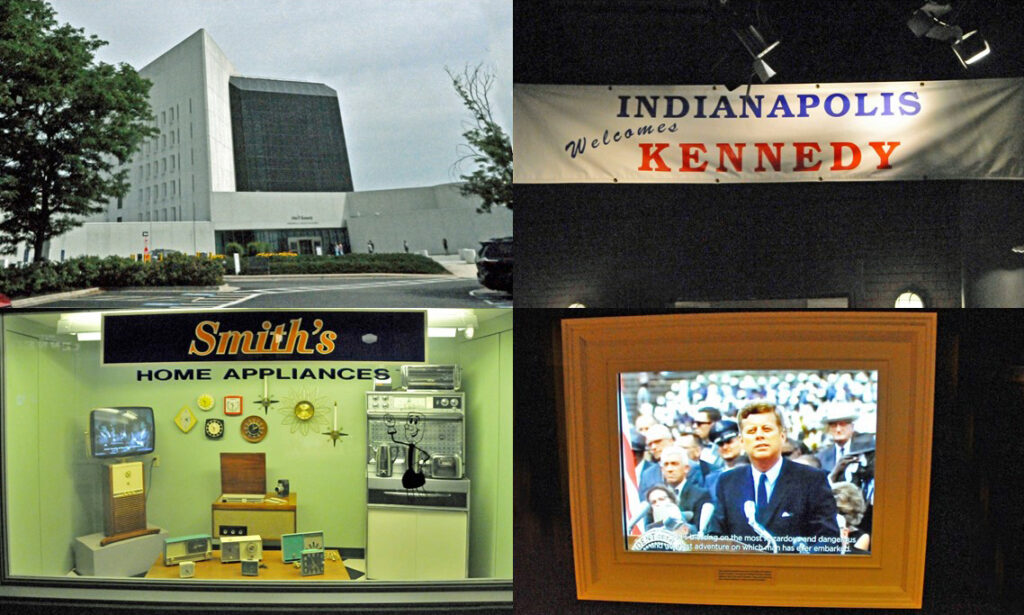Today, on the way back from Cape Cod, we visit the John F. Kennedy Presidential Library and Museum in Boston, Massachusetts.
Just before his assassination on November 22, 1963, President Kennedy began considering the possible location for a future presidential library. He and his family selected a spot in Cambridge near where he had lived during his time at Harvard, from which he graduated cum laude in 1940. A year after his death, the family announced that I. M. Pei, then a relatively unknown architect, had been selected to design the library facility. In 1975, after a series of delays and objections from Cambridge residents, the Kennedy family decided to build the library on the site of a former garbage dump in Boston’s Dorchester area, with a view of downtown across Dorchester Bay. The building, designed by Pei, was completed at a cost of about $21 million and the facility was dedicated by President Jimmy Carter and members of the Kennedy family on October 20, 1979.
The John F. Kennedy Presidential Library and Museum, like other presidential libraries, seeks to take people back to the time of the president. It contains a display of appliances from the early 1960s and 1960 campaign memorabilia, including a banner welcoming Kennedy to Indianapolis. Visitors can listen to a once-secret recording of Kennedy and his advisors seeking a peaceful resolution of what became known as the Cuban Missile Crisis. Television monitors highlight some of President Kennedy’s most important speeches, including the one on September 12, 1962, at Rice University explaining his goal of landing a man on the moon by the end of the decade. What most impressed me was the museum’s ability to remember the spirit of optimism and hope that Kennedy and his young family created for the country, a spirit that is sadly now missing.

Comments are closed.